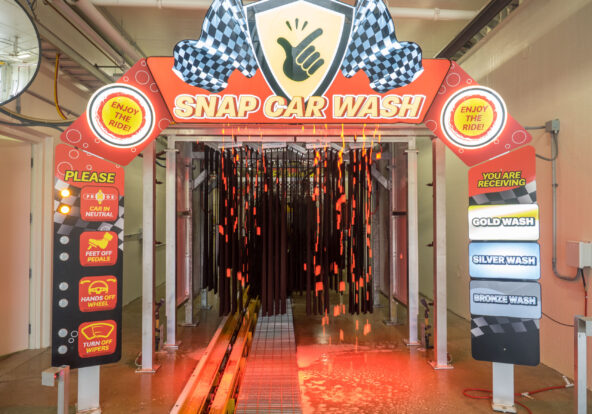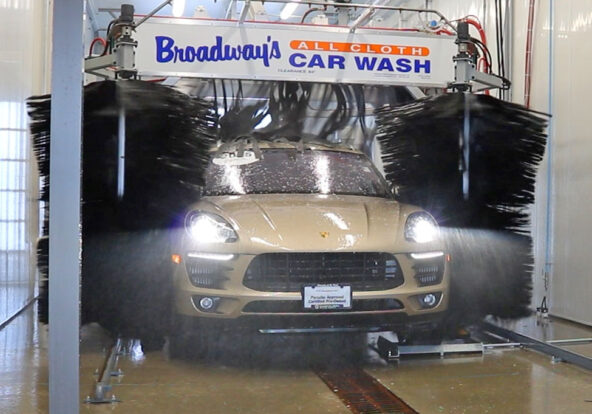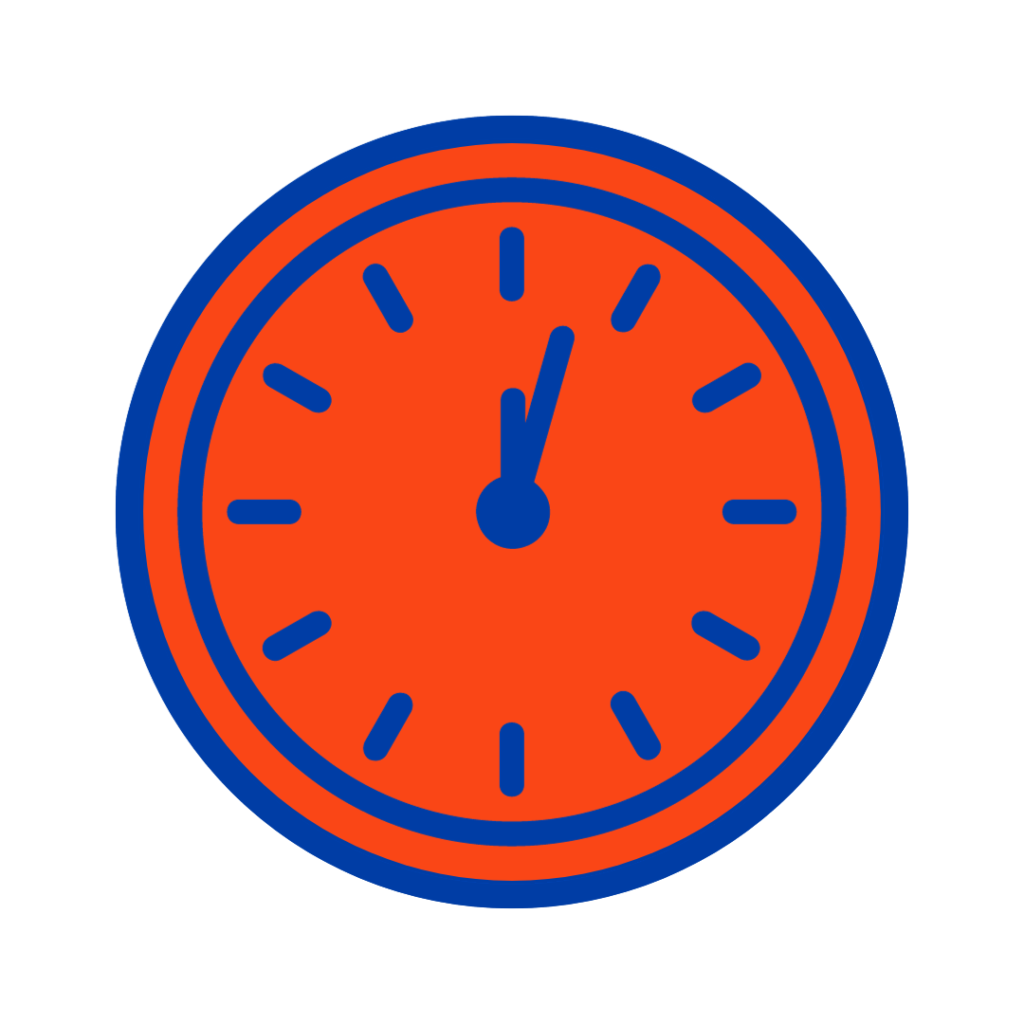Retail vs Dealership Washes: What’s the Difference?
There are several different industries which employ the use of various forms of said machinery, whether it be a gas station, standalone, or a dealership that also offers it’s services to the public for use. However, car dealerships are a unique group within the industry, with specific needs and are very different from what you might experience at retail car wash or at a gas station after a fill-up.
Experience
When the average person thinks of a car wash, they picture a retail set-up, either a long tunnel or a bay at a gas station. Both experiences focus on a high sensory experience filled with lights, colorful foam, and strong scented soap. This is because while it is important to produce a clean car, it is more about the user experience while the wash is happening. The more bells and whistles customers see, the more they perceive they have received their money’s worth and the greater they feel the wash did.
Let us compare this to how a car wash would function in your service department. The dealership car wash focuses more on the result and the efficiency in both time and resources. At the end of the day, dealerships sell cars and provide a great car wash service. They don’t run a car wash business that happens to sell cars.

Efficiency
Dealership washes, compared to retail ones, must also have a much higher degree of efficiency when it comes to time and resources as they earn very low or no income directly from the wash. The wash a dealership employs is meant to cut down on costs in other areas, and be an overall money-saving mechanism. Retail washes have no form of revenue if their wash is broken, or their cleaning supplies are too expensive compared to their price and payment structure.

HERE ARE THE KEY DIFFERENCES WHEN YOU BREAK DOWN THE EFFICIENCY WITHIN THE TWO:
Cost

- With a retail wash there are many ‘extra’ components that add to the cost, more data to collect about customers and how they pay, dedicated employees, more amenities (such as vacuums) and more chemicals.
- In a retail car wash it is not unusual for chemicals to cost over a dollar a car, compared to an average 15-20 cents per car in a standard dealership setup using Broadway Equipment’s rollover system.
Time

- Broadway’s standard rollover car wash in a dealership runs for 90 seconds. This produces a consistent top of the line clean and gets the technician quickly moving on to the next vehicle.
- A standard rollover retail car wash at a gas station typically takes about 5 minutes to complete, whereas a standard conveyor car wash takes about 90 seconds because it has the capability to wash more than one vehicle at a time.
Space

- Retail setups general require more space as they have more stations spread throughout a long tunnel. A drive-thru or rollover Broadway car wash has a smaller footprint and only requires one space, no backroom for electrical components necessary. The average rollover bay is around 16ft X 50ft. Cutting down the car wash footprint will allow more room for cars on the lot and money to be better allocated to other profit centers.
In summary, while retail car washes offer the allure of an engaging experience, the practical needs of car washing in the dealership sector demand a focus on durability, efficiency, and optimal space utilization. Broadway Equipment stands at the intersection of these needs, offering rigorously tested, high-quality systems that are not only built to last but also highly efficient. We have an in-house design team that you can reach out to at drawings@broadwayequipment.com to get specially tailored designs and quotes for any size space, so you too can maximize your dealerships efficiency.
If you are interested in enhancing your operations, saving on annual costs, and elevating the condition of your showroom-ready vehicles, we invite you to reach out to our experienced team.
